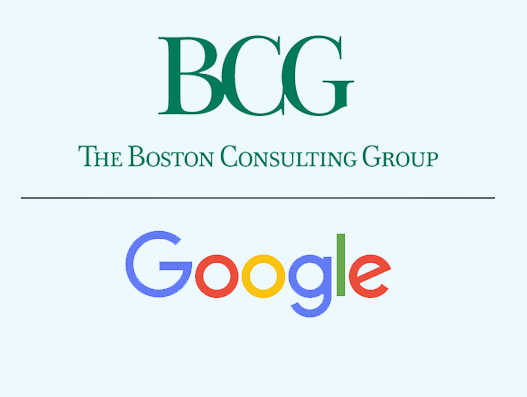
Indian travel market to reach $48 billion by 2020: Google and BCG
<p style="text-align: justify;">Jun 29, 2017: <a title="Google" href="https://www.google.co.in/" target="_blank">Google</a> India and <a title="Boston Consulting Group" href="https://www.bcg.com/" target="_blank">Boston Consulting Group</a> (BCG) has recently released a report on the growth opportunities for the next four year in the Indian hospitality market. The report titled, ‘Demystifying the Indian Online Traveler’ charts the decision-making journey of the Indian traveller […]

Jun 29, 2017: Google India and Boston Consulting Group (BCG) has recently released a report on the growth opportunities for the next four year in the Indian hospitality market. The report titled, ‘Demystifying the Indian Online Traveler’ charts the decision-making journey of the Indian traveller and provides insights on the potential growth opportunities for travel businesses till 2020.
As per the report, Indian passenger travel market is projected to grow at 11-11.5 percent to $48 billion by 2020 with the biggest contributor, air travel expected to grow at 15 percent to $30 billion. Hotels will grow at 13 percent to $13 billion by 2020 while railways will remain $5 billion. Additionally, as more people come online, smartphone penetration increases and use of digital payments go up, the report estimates that India’s online hotel market will grow to $4 billion with 31 percent penetration at a CAGR of 25 percent.
Vikas Agnihotri, Industry Director, Google India, said, “India’s domestic travel market is on an acceleration path. One of the key findings of the report is that by 2020, one in three hotel rooms will be booked online - a clear indicator of the growing importance of digital in travel research, planning and booking. There are several actionable insights for domestic online travel players including the role of mobile and the level of curation and personalisation that Indian travellers are looking for.”
Demystifying the travel planning journey of the typical Indian consumer, the report shows that for many Indian consumers, a vacation is an event planned in advance as opposed to being an impulsive purchase. Consumers typically spend 46 days on average planning their trip. They spend 49 minutes online on their travel research and visit as many as 17 touch points during their booking journey. However, it is interesting to note that the length of each online session is less than 3 minutes, due to the ubiquity of mobile. Through their journey, Indian travellers tend to move back and forth across different online channels, checking availability, comparing prices and assessing connectivity.
Abheek Singhi, senior partner and Asia-Pacific head of consumer practice, BCG said, “Travel is a high investment – both monetary and emotional category. Technology has led to the democratisation of travel through better information and price discovery – and shall lead to 11-11.5 percent growth in years ahead. The question is ‘how to address the 17 different touch points of 3 min’s each over 49 days!’.The imperative for players is to use technology and advanced analytics capability to understand individual micro journeys and offer personalised and curated travel solutions.”
The report finds that there are several touch points in the consumer journey, including OTA to 64 percent of reach, search engines to 33 percent of reach and Maps to 26 percent of reach. Advocacy and word of mouth form an important input into the travel booking journey with 76 percent of people gaining inspiration to travel from family and friends. Further, reviews and ratings from other users are the single most important criteria to select a certain booking channel. Finally, the research finds that consumers use a mix of online and offline sources of information during their booking journeys. Within online channels, mobile apps are the preferred destination as 49 percent consumers prefer to use them for research and 44 percent for booking. 57 percent of the consumers believe that online channels give them better deals while 41 percent find it more convenient for them to book online.
“Mass marketing will increasingly be less sufficient. Advocacy, especially, plays an important role in decision making. Personalised advocacy is curated from customers’ personal networks, for example, from social media friends’ list. Predictive advocacy is based on customer ‘lookalikes’, for example, using ‘people like you’ narratives and tries to imagine what consumer preferences might be. Given increased online ubiquity, players will need to leverage the digital medium across channels and touch points to effectively connect with consumers,” said, Rohit Ramesh, partner and director, BCG.
As consumers move seamlessly across channels and devices, the role of digital in hotel bookings is significant, not just as a channel for purchase, but also as an influence in decision making.

